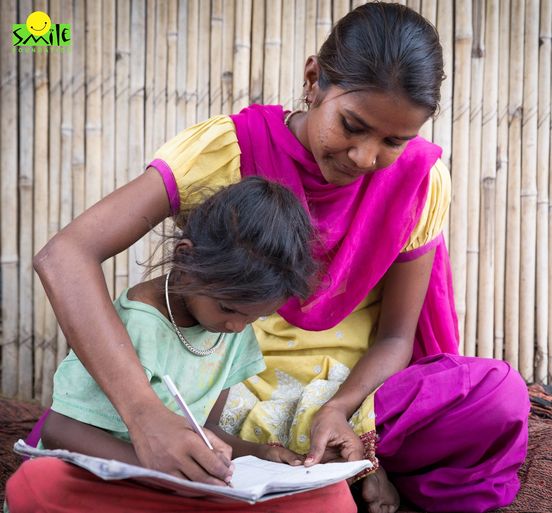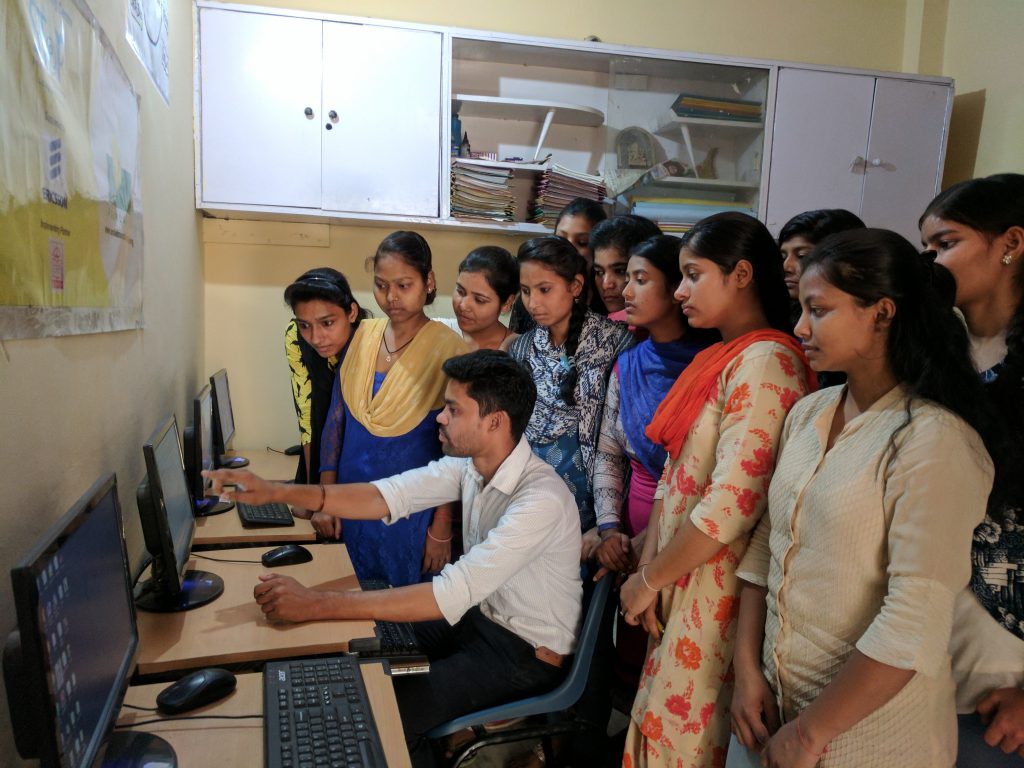Corporate Social Responsibility (CSR) is one of the best ways to help society. It gives an opportunity for corporations to help the people. At the same time, it provides money to fund important social development projects in areas like education, health, infrastructure, etc.
Corporate philanthropy is not a new phenomenon in India. Big businesspersons give money to help the poor and needy. However, CSR helps in making the corporate donation process more streamlined. It also makes it mandatory for companies to spend a certain among every year on social development work.
One of the biggest advantages of CSR is that it has opened newer pathways for smaller organisations to raise funding. Small grassroots NGOs are able to do good work because they partner with large CSRs that provide them with money.
At the same time, CSRs also approach various organisations and forge partnerships that help in the implementation of important projects. The correct government agencies or non-profits to partner with for social impact ensures new prospects for growth in both society and business.
Therefore, the importance of meaningful partnerships in the ecosystem is high. However, before we discuss CSR and partnerships, let us first understand in detail what CSR is.
What is CSR?
CSR full form, as mentioned above, is Corporate Social Responsibility. As the name suggests, it is a mandatory requirement for corporations to undertake social development work. United Nations Industrial Development Organisation defines CSR as “a management concept whereby companies integrate social and environmental concerns in their business operations and interactions with their stakeholders.”
“CSR is generally understood as being the way through which a company achieves a balance of economic, environmental and social imperatives (Triple-Bottom-Line-Approach), while at the same time addressing the expectations of shareholders and stakeholders,” it further states. The idea of CSR sprouted in the 1950s and 60s when large corporations began coming into existence.
Economists William C Frederick and Howard Bowen were arguably the first intellectuals who tried to conduct in-depth research on this topic and tried to articulate the idea of a corporation’s social responsibility. However, it took another three to four decades for it to become a reasonably popular and accepted concept around the world.
According to a 2017 KPMG survey of Corporate Social Responsibility, only 35 percent of the world’s largest 250 corporations were publishing reports about their CSR work in the year 1999. This gradually improved over the years as 45 percent of companies published CSR reports in 2002 and 64 percent in 2005. In 2008, more than 80 percent of the largest 250 corporations were reporting about the work that they did under CSR. From 2011 onwards, this number has stayed above 90 percent.
CSR in India
In 2013, the Government of India took a historic decision and made CSR mandatory for companies. This made it compulsory for large corporations to undertake social welfare activities and allocate a specific amount every year for these activities. This provision under the Companies Act 2013 also made India the first country which made CSR mandatory for companies.
Since then, the impact created by CSR in India is immense. In FY 2020-21, more than 18,000 companies in India spent more than Rs 25,000 crores as part of CSR activities. The money covered 14 areas like rural development, sanitation, sports, etc. across the country.
The importance of CSR for a company can also not be ignored because it allows them to give back to the society in which they operate and generate profits from.
Partnerships
To generate maximum value from CSR activities and appropriately use the large sum of money every year, partnerships with the right agencies become extremely crucial for corporations. The companies do not possess expertise in developmental areas like education, health, etc. They cannot dedicate special resources to directly implementing projects in these fields. At the same time, the geography of India is such that not all corporations can reach every nook and corner of the country.
Therefore, they make use of efficient partnerships with organisations working on the ground to ensure effective utilisation of the money. An organisation working in rural Assam towards helping people fight the impact of floods can receive money from a Mumbai-based corporation and help the people in remote areas.
Similarly, companies can also donate money to government projects because it ensures that the money will reach the people who actually need it. A good example is the CSR funds utilised to support the government as it tried to manage the covid pandemic.
Companies can benefit society through CSR in ways that speak to them personally and in which they are skilled. In order to be a force for good, they can collaborate with groups sharing their beliefs and have comparable outlooks.
Moving Beyond CSR
However, while selecting the partner, they need to undertake due diligence to ensure that they derive the maximum value. It is also important to ensure that the people benefit from the donated funds.
Therefore, corporations should partner with agencies that are reliable and have long-term plans. Also, a constant collaboration between the partner agency and CSR is necessary to ensure the right impact work.
The CSR should also have its own monitoring and evaluation mechanism in place to regularly check if its funds are used appropriately. The funds generated are expected to grow as more and more large companies come into existence.
Thousands of crores generated can transform society, provided the money is used in the best possible manner. This is why partnerships are so important and why they help in creating an equal world.
Smile Foundation is always looking to forge CSR partnerships that bring transformational change in the lives of children from lower-income households. We invite you to partner with us and make our world an equitable one for all of our children.









